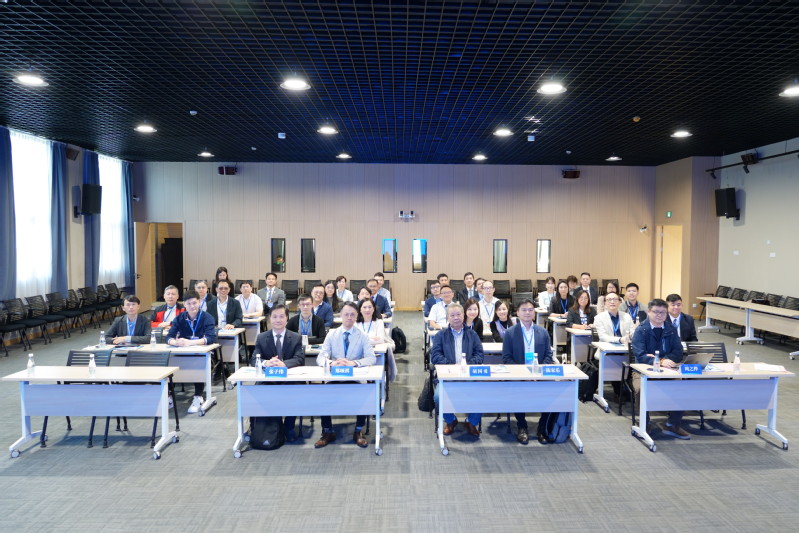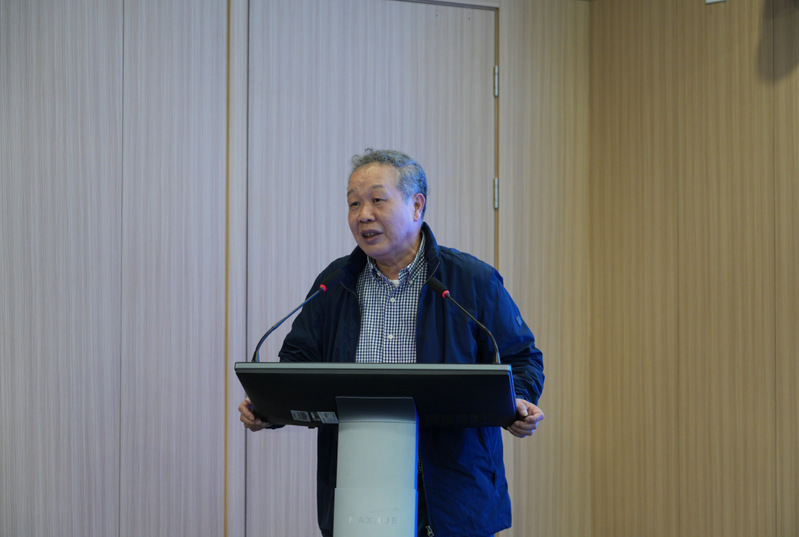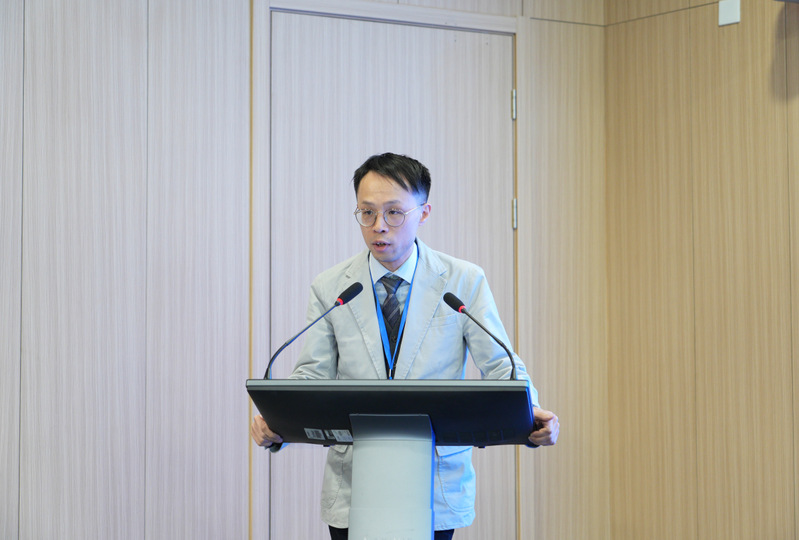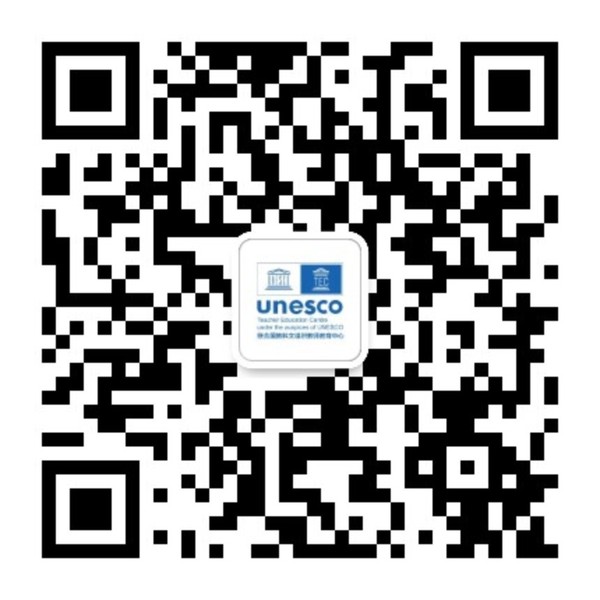On the afternoon of April 14, 2025, the opening ceremony of the Third Cohort of the Hong Kong STEAM Education Leaders Exchange Program was successfully held at the UNESCO Teacher Education Centre (TEC). This program is co-organised by the Education Bureau of the Government of the Hong Kong Special Administrative Region (HKSAR) (Hong Kong Education Bureau) and UNESCO TEC. Attendees included Mr. Cheng Chung-kei, Senior Curriculum Development Officer (Science); Mr. Cheung Chi-wai, Senior Curriculum Development Officer (Primary School School-based Curriculum Development); and Mr. Chan Ka-lok, Curriculum Development Officer (Mathematics) from the Hong Kong Education Bureau; Professor Hu Guoyong, Deputy Director of UNESCO TEC; Professor Wang Jie, Deputy Director of the International Teacher Education Center at Shanghai Normal University; and 32 principals and teachers from Hong Kong primary and secondary schools. Opening Remarks Highlight Collaborative Potential.

Professor Hu Guoyong, Deputy Director of UNESCO TEC, delivered a speech at the opening ceremony. He first extended a warm welcome to the Hong Kong STEAM delegation and highlighted the outstanding performance of students from Hong Kong and Shanghai in PISA assessments, where their mathematics and science scores rank among the global leaders. Professor Hu emphasised that through exchanges and collaboration between Shanghai and Hong Kong, both sides could learn from each other, complement each other's strengths, and jointly advance the development of STEAM education.

Mr. Cheng Chung-kei, Senior Curriculum Development Officer (Science) of the Hong Kong Education Bureau, addressed the ceremony. He stated that this exchange program represents a significant step in deepening STEAM education collaboration between the two regions, calling it an invaluable learning opportunity. He praised the partnership outcomes achieved by UNESCO TEC from a broad strategic vision perspective. Emphasising the critical role of STEAM education in talent cultivation amid rapid technological and societal changes, he expressed hopes to leverage Shanghai’s cutting-edge experiences to develop scientific and systematic implementation frameworks for Hong Kong. The program, he noted, establishes a platform for in-depth dialogue between educators from both cities, focusing on resource integration and competency transformation to bridge theoretical advancements with practical classroom outcomes, thereby injecting new momentum into Hong Kong’s STEAM education innovation.

Following the opening ceremony, Mr. Zhou Zhihua, founder of OUR SCHOOL Digital Campus, delivered an engaging keynote lecture titled Applications of AI in STEAM Education, demonstrating various real-world scenarios of AI in educational settings for program participants. Mr. Zhou outlined three evolutionary stages of AI integration in education:
AI as a Partner: Collaborative decision-making with educators as equals.
AI as an Assistant: Augmenting user capabilities through task support.
AI as a Master: Executing tasks autonomously under user oversight.
He envisioned that AI adoption in schools could ignite students' passion for scientific education while enhancing teachers' administrative and instructional efficiency.
This five-day program, building on the success of its first two cohorts, features a diverse and thoughtfully designed agenda. Participants will engage in high-level expert lectures and immersive visits to primary/secondary schools and science museums across Shanghai. Through these activities, members will gain in-depth insights into national policies on science education and explore the implementation strategies and practical approaches of Shanghai’s educational institutions in STEAM education. Additionally, participants will step into classrooms to observe pedagogical practices in action, gaining firsthand experience of teaching methodologies.

Through meticulously planned activities, program participants will swiftly grasp the STEAM education landscape in Shanghai. Educators from both Shanghai and Hong Kong will engage in profound discussions on emerging developments during exchanges, laying a solid foundation for future collaboration and innovation.
Contributed/Photos by: UNESCO Teacher Education Centre




